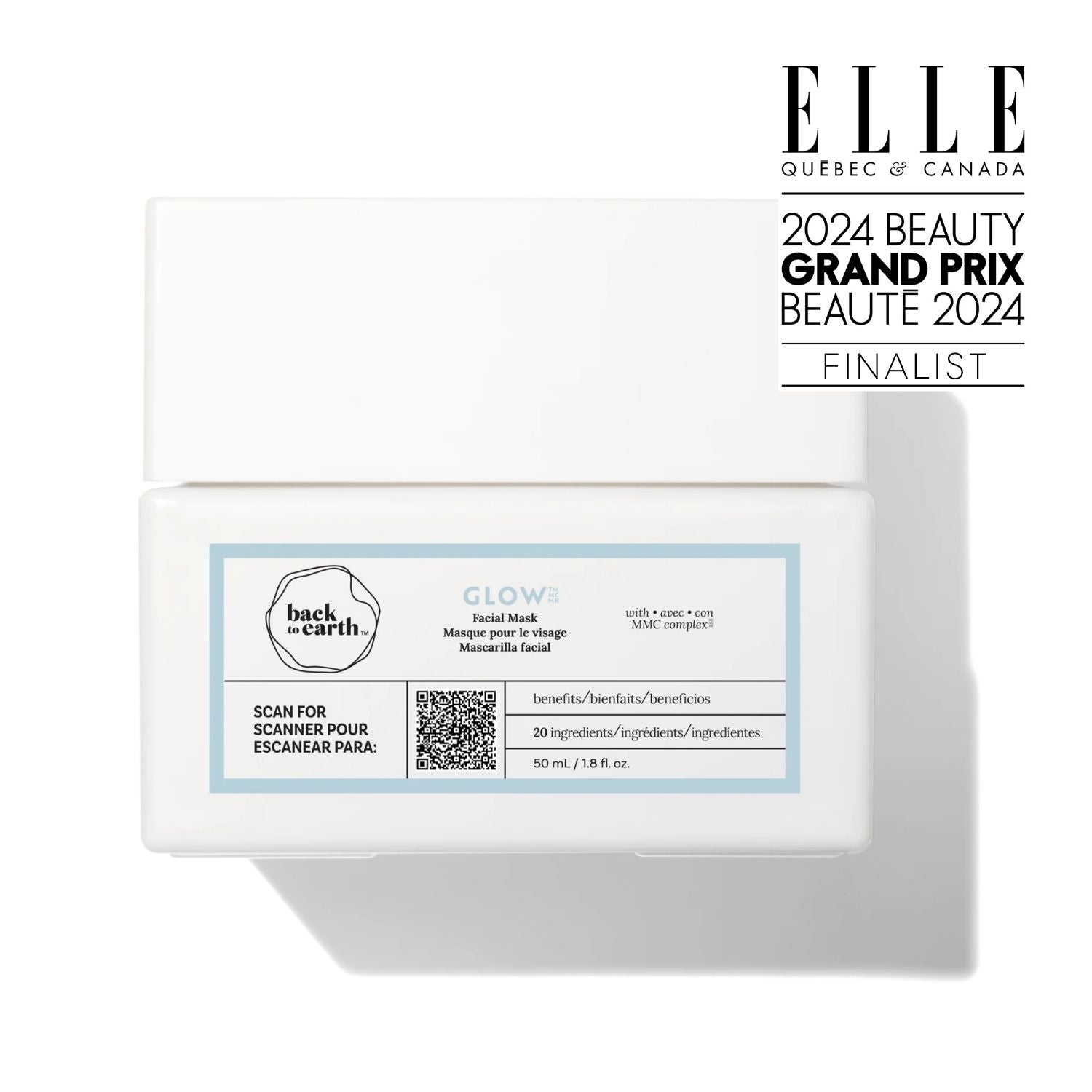The Skin Microbiome: What It Is And Why It Matters
You’ve likely heard that your gut is full of tiny organisms (bacteria, viruses and fungi) known as microbes. Together, they create the “gut microbiome,” which can affect everything from digestion to brain health. If your good bacteria and bad bacteria get out of whack, you could experience health issues, so it’s important to eat a wide range of diverse foods and limit bacteria-killing antibiotics if you can.
Though fewer studies have explored the microscopic organisms of the skin (the body’s largest organ), we know that the skin is also home to trillions of microorganisms—mostly bacteria—that live on and in the skin’s layers. These microbes are known as the skin microbiome.
What is the skin microbiome?
Even though they’re not visible with the naked eye, trillions of microorganisms live in and on the skin. The skin needs a diverse mix to be healthy.
Why does the skin microbiome matter?
Your skin is your body’s first defense against aggressors in the outside world. The microbes in the microbiome play a few key roles in the fight against germs, UV light and pollution.
A healthy microbiome may be involved in these tasks:
- Sending warnings: Microbes in your skin may send messages to your immune system to warn it about the presence of harmful bacteria and viruses.
- Fighting infection: Some microbes act like natural antibiotics. They may also keep your skin slightly acidic, which is an inhospitable environment for many germs.
- Healing wounds: The microbiome may also help to activate or deactivate your immune system to trigger healing and control inflammation.
If your skin microbiome isn’t properly balanced and diverse, you may experience inflammatory skin conditions like atopic dermatitis/eczema, psoriasis, acne and rosacea.
[product_grid]
How do you care for your skin microbiome?
Living a healthy life is the first thing you can do to protect your microbiome. Eat a diverse diet (including fermented foods, prebiotics and probiotics), exercise, get out in nature and don’t smoke.
You can also take steps with your skin-care routine to promote a healthy, diverse skin microbiome:
- Nourish your skin barrier: Gentle skin-care products with a short list of ingredients are a smart choice for your microbiome. Ingredients like aloe, jojoba oil and shea butter can help reduce irritation and nourish the skin so that its barrier is healthy and strong.
- Avoid over-sanitizing: If you wash your skin too much—especially with harsh cleansers—and use a lot of antibacterial products, you will disrupt your skin microbiome.
- Skip drying alcohols: Sometimes skin-care products, like toners, contain alcohols that target oily skin—but they may irritate your face and harm the skin barrier. Watch out for drying alcohols such as SD alcohol, denatured alcohol, ethyl alcohol and isopropyl alcohol.
Though more research needs to be devoted to the skin microbiome so we know how to take even better care of it, you can’t go wrong with simple, gentle skin care that nourishes instead of stripping away your healthy bacteria.


